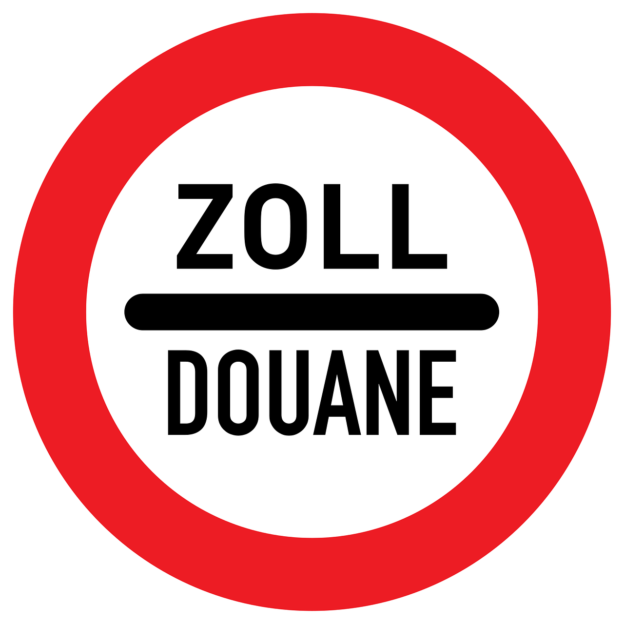On May 17, the European Commission presented a comprehensive overhaul of the Customs Union. The exponential growth in trade volumes, particularly in e-commerce, makes such a reform imperative. The Commission’s proposal features innovative use of databases and adaptation of customs procedures to digital format.
This reform is based on three fundamental pillars i) partnership with business and the data platform, ii) the new approach to customs controls with a new EU customs authority, and iii) a framework better adapted to e-commerce.
In terms of partnership with business, the reform aims to simplify procedures for companies, whether in terms of customs declarations or access to customs clearance:
- Companies will be able to register all information relating to their products and supply chains on the European Union’s new customs data platform. This platform will enable the compilation of all data supplied by companies, and give customs authorities a cross-sectional view of trade. This will to simplify procedures is also reflected in the interaction with a single portal dedicated to customs operations.
- In addition, for the most reliable operators, a “Trust and Check” system will be set up, enabling them to release their goods into the EU without any active customs intervention, i.e. to clear all their imports through the customs authorities of the member state of establishment, regardless of where the goods enter the Union. The centralized customs clearance that the 2016 EU Customs Code dreamed of, this recast proposal finally delivers.
An innovative approach to customs controls is reflected in the creation of a new EU customs authority to evaluate, at EU level, the information gathered by the customs data platform. In particular, this authority is intended to help member states coordinate their controls and inspections. The reform also seeks to improve cooperation between the various public players, i.e. national authorities, market surveillance and national and European law enforcement agencies.
Finally, as far as e-commerce is concerned, the Commission wishes to give the Customs Union a more realistic approach.
Indeed, the EU needs to ensure that online sales comply with customs obligations. The 2021 reform (“VAT package”) marked an important but still insufficient step, and national and global customs authorities are considering how best to counter the chronic undervaluation generated by e-commerce.
To this end, sales platforms would be considered as “presumed importers” and thus responsible for ensuring that not only VAT but also customs duties are paid when products are purchased online.
Today, these platforms are only responsible for collecting VAT. With the abolition of the exemption, they will be responsible not only for collecting VAT, but also for paying customs duties, as they are considered “deemed importers”.
In addition, the customs exemption for goods worth less than €150 will be abolished.
Finally, the reform will reduce the thousands of possible duty categories to four, in order to facilitate the calculation of duties for low-value goods.
The overhaul of the Customs Union will bring structural and systemic changes to customs operations, such as the introduction of the trade database. Companies will therefore have to adapt to these new mechanisms, which rely primarily on their cooperation.
The DS Avocats Customs and International Trade team is at your disposal to provide you with any additional information.
CONTACT US:

